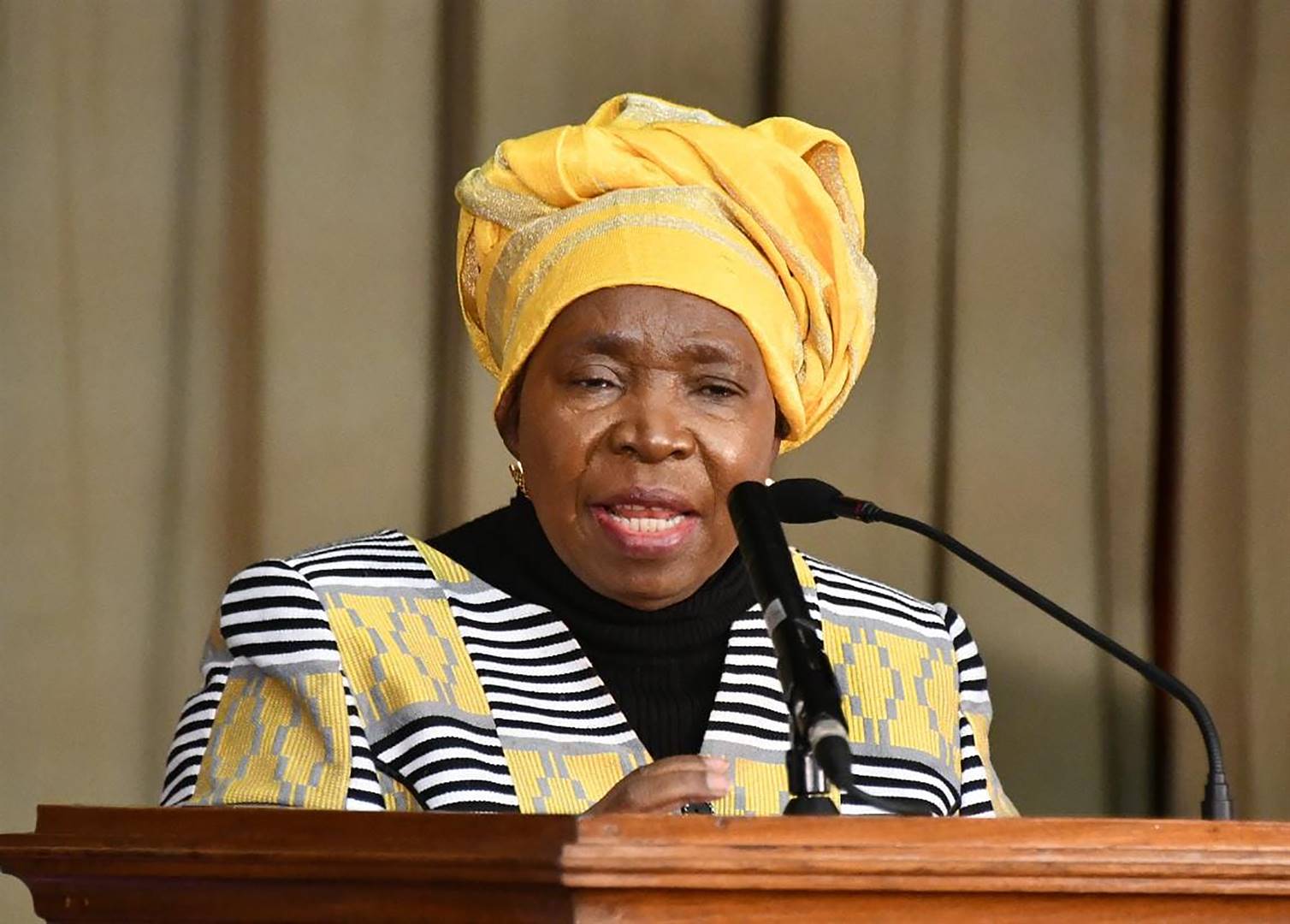News
State of disaster declared to prevent ‘total blackout’

Dr Nkosazana Dlamini-Zuma.
Ten months after the national state of disaster for Covid-19 was lifted, South Africa just entered a new one, this time for load shedding.
On Thursday evening, during President Cyril Ramaphosa’s State of the Nation Address in Cape Town, Minister for Cooperative Governance and Traditional Affairs Nkosazana Dlamini Zuma gazetted a new declaration of a national state of disaster.
According to the Government Gazette, it was declared to prevent “the possible progression to total blackout from occurring and taking into account the possibility to augment existing measures already undertaken by the organs of state to deal with electricity supply constraint”.
“The state of disaster will enable us to provide practical measures that we need to take to
support businesses in the food production, storage and retail supply chain, including for the
rollout of generators, solar panels and uninterrupted power supply,” Ramaphosa said.
“Where technically possible, it will enable us to exempt critical infrastructure such as hospitals
and water treatment plants from load shedding.
And it will enable us to accelerate energy projects and limit regulatory requirements while
maintaining rigorous environmental protections, procurement principles and technical
standards.”
The national state of disaster allows government to make regulations and issue directions, bypassing some legislative steps. The gazette stipulates that these regulations and directions may only be taken to assist and protect the public, provide relief to the public, protect property, prevent or combat disruption or deal with the destructive nature and other effects of load shedding.
The disaster regulations may help to hasten emergency power procurement – like power ships – as well as procurement of parts and services for Eskom’s embattled power stations. It may also shorten Nersa’s approval times.
During a national state of disaster, governance structures may also be changed.
For example, during the 750 days of the Covid-19 national state of disaster, a National Command Council – a committee of ministers – ran the country and passed regulations.
– Additional reporting by Carol Paton
